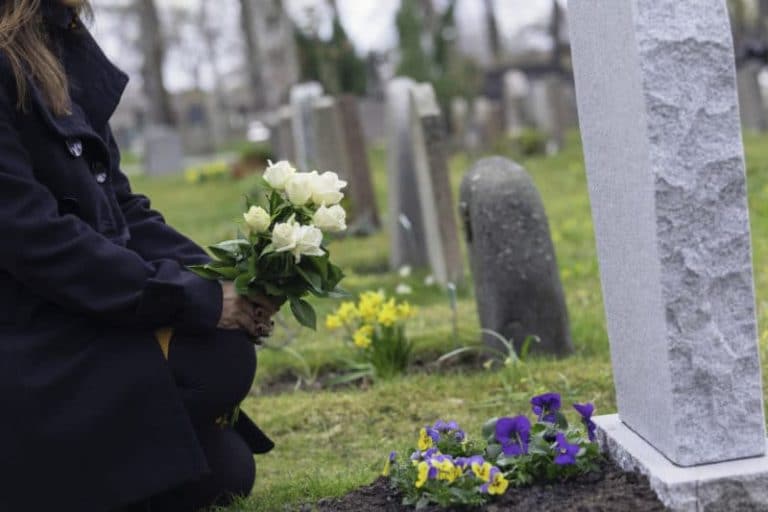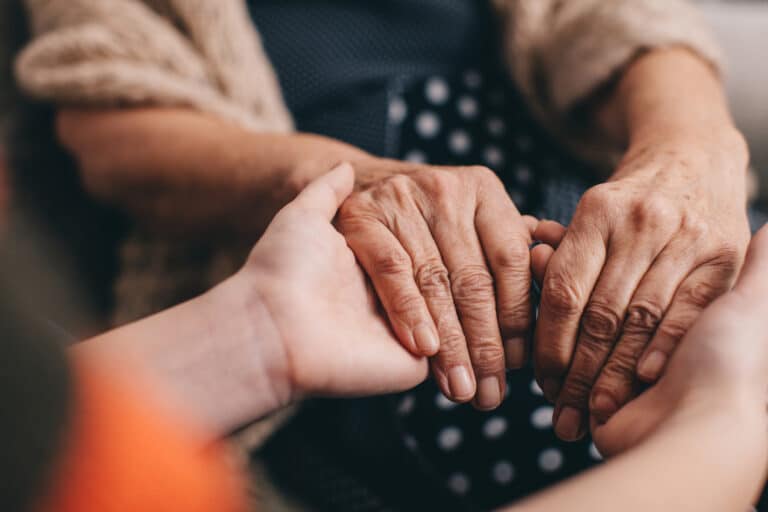Things to Take Care of After a Loved One’s Death

When you lose a loved one, the emotional and mental effects are immediate. The shock and grief can often feel overwhelming, making it difficult to focus on the practical challenges that happen after someone passes away. However, there are things you’ll need to handle during this time. Here’s what to consider after your loss.
1. Handling Your Loved One’s Bills
The most important thing to know when your loved one dies is that you are not responsible for paying their debts. Even if you are an heir or beneficiary, you are under no obligation to pay the bills on behalf of your loved one. If your loved one owed money to a company or person, they may make a claim against the estate for those debts.
Although you should always consult a probate lawyer to understand what steps to take in your situation, here are some recommendations on what to do when your loved one’s bills come in:
- Write a short note informing them of your family member’s passing
- Make a copy of the death certificate
- Do not provide your name or contact information
- Do not address the debt or make promises to pay the bill
- Send the bill, your note, and the copy of the death certificate back to the creditor
- If the creditor persists, repeat the process
2. What To Do With Social Media Accounts
Your loved one’s online life is another aspect to consider after they pass away. It may seem trivial with everything going on, but it’s a real issue. After your loved one’s death, here are some steps to keep in mind regarding social media.
Get Access to the Platforms
This step may be difficult because it could feel like you’re invading your loved one’s privacy, but it’s essential to have access to their social media. In many cases, they’ll already be logged into their accounts. Do not log out or turn off their devices! If you do, you may not be able to get back in without going through a difficult (if not impossible) verification process.
As a general rule, social media platforms will not share passwords with others, regardless of who you are or the circumstances. If you do not have the password, the platform may delete an account if you can provide proof of your loved one’s death.
Decide If You Want to Delete the Account
If you can log into your loved one’s social media accounts, it’s easy to completely close or delete the profiles from there. However, there may be photos, posts, and memories shared by your loved one that you don’t want to lose.
Remember, if you have access to the account, you don’t have to do anything right away. You may choose to close the accounts eventually, but you can make that decision when the time comes.
Memorialize the Social Media Accounts
Many social media platforms, including Facebook and Instagram, allow you to memorialize an account. What does this mean? It allows the images and posts to live on through the platform. However, nobody will be able to log into the account or find it through public searches.
This is a good alternative to closing an account if you don’t want to delete those meaningful memories and posts. Whether or not the social media account can be memorialized depends on the specific platform. Check with the platform’s policy for options.
3. How to Deal With Your Loved One’s Property

There are two kinds of property your loved one may have left behind: real property (real estate) and personal property. Here’s what you need to know about each type.
Real Property
When real estate is involved after your loved one’s death, there are several ways the ownership of the property can transfer:
- If the real estate is jointly owned, it will simply pass to the surviving owner
- If there is a trust in place, the real property can also be transferred through the trust
- If it was independently owned by your loved one and there is no trust, you’ll need to go through probate court to transfer ownership
Remember, a mortgage is “collateralized debt,” which means the mortgage company has the right to be paid in full if you sell the property. If you fail to make mortgage payments, the company can take legal action to foreclose or force a sale. These are all things to keep in mind and why you should take quick action when it comes to real property.
Personal Property
Any property that your loved one owned that is not real estate is considered personal property and can be distributed based on their will or the state’s intestate succession law.
- Clothing and possessions – Consider donating clothes and other possessions to a local charity where it will make the biggest positive impact.
- Cars – Determine if there is still a balance due on the loan. If there is, you are not obligated to pay it off. However, you should identify the lender to let them know what happened. You can also work with them to reach an agreement for them to buy the car back.
If the car loan company is still owed more money than the value of the car, it is their responsibility to make a claim against the estate. You are not personally responsible for making those payments.
4. Collecting the Death Benefits
It’s possible that your loved one left behind death benefits that can help you and your family get through this difficult time. Here are the most common ones.
Social Security
Social Security may provide “survivor’s benefits” to help a family financially after losing a loved one. Some instances in which you may be eligible to receive survivor’s benefits include:
- If your spouse dies and you are caring for their children
- If your spouse dies and you’re over 60
- If you were dependent on your deceased child and are over 62
- If you were divorced and your ex dies (depending on how long you were married)
You should always reach out to Social Security after the passing of a loved one to see if you may qualify to receive these benefits.
Pension Benefits
A pension will have a named beneficiary who can receive the benefits of the account. Check with your loved one’s employer for the details of the pension and survivor’s benefits.
Disability Insurance
If your loved one was on disability at the time of their passing, the policy may also provide death benefits. Although many people assume disability payments stop after that person dies, that is not always the case. Check to see if there is a named beneficiary.
Annuities
Annuities are regular payments that may come from a legal settlement or a retirement plan. Some of these arrangements include a “right of survivorship,” which continues the scheduled payments to the designated beneficiary.
Divorce and Child Support
When couples are divorced, they are often required to address how children will be supported if one of the parents dies while the kids are still minors. Many parents acquire a term life insurance policy to satisfy this requirement. The policy may still be in effect at the time your loved one passed away, even if the children have reached the age of 18. Check the policy to see if there are death benefits available.
Resources and Support Are Available
After your loss, remember you can always ask for help. Consider working with other family members, community resources, or professionals to get through this difficult time. If you’re considering a wrongful death claim, contact attorney Kyle Bachus and his Elite Litigation Group of wrongful death lawyers to see how they can advocate for your loved one and your family.





